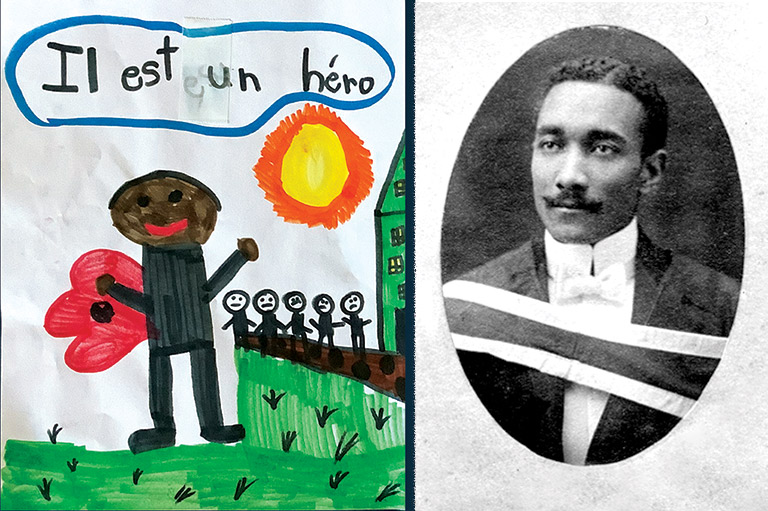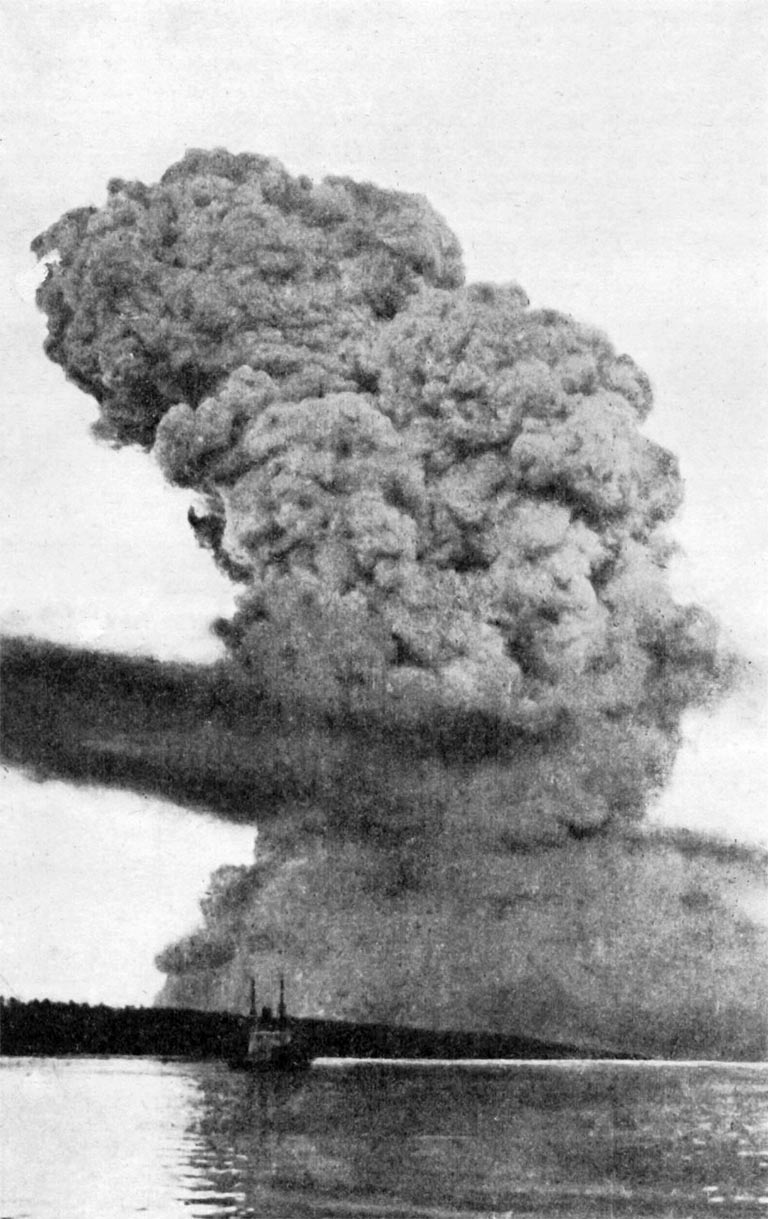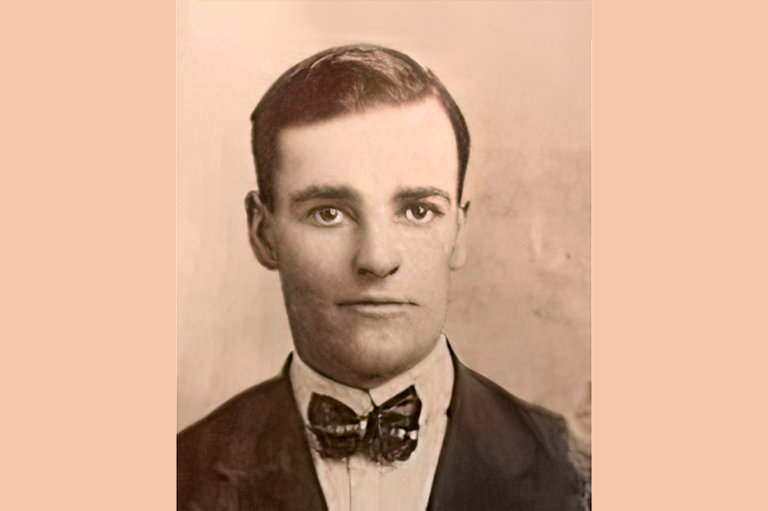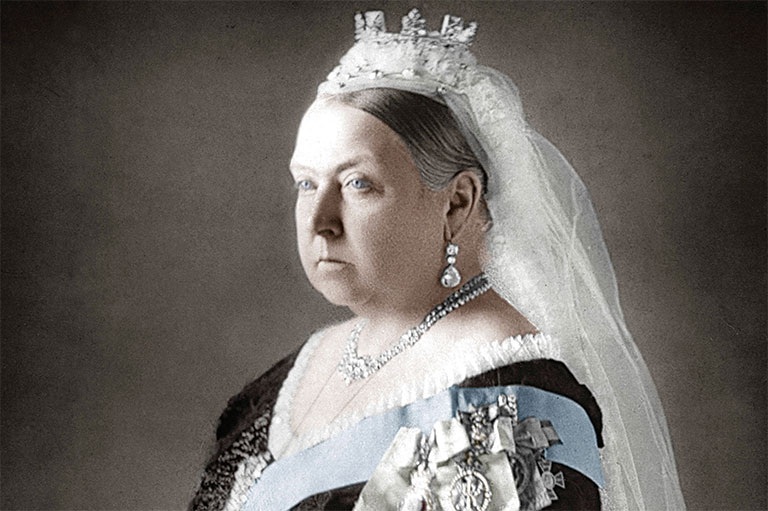Tribute to a Trailblazer

The former home of Nova Scotia’s first Black doctor has a brighter future, thanks to community efforts that engaged even Halifax’s youngest citizens.
Clement Ligoure was born in Trinidad and received a medical degree from Queen’s University in 1916 — two years before the university banned Black students from attending its medical school. Ligoure moved to Halifax, where he set up a private clinic out of his home after being denied hospital privileges. He named the clinic the Amanda Private Hospital in honour of his mother.

On December 6, 1917, two ships collided in the Halifax harbour, resulting in what is now known as the Halifax explosion. Ligoure’s fifteen-bed hospital was overwhelmed by victims of the tragedy. He worked tirelessly for weeks, treating up to one hundred survivors per day, free of charge.
In January 2023, Halifax Regional Council voted unanimously to add Ligoure’s former home to the city’s registry of heritage properties.
This was particularly exciting news for students in Natasha Camacho’s grade one class at École St. Catherine’s Elementary School in Halifax. Last year, after learning about Ligoure’s important work following the Halifax explosion, Camacho’s students wrote a letter to the city council asking for a plaque to be installed outside the doctor’s former home.
This year, Camacho’s students joined in community efforts to protect the building, writing letters in support of the application for heritage designation.

“The children are extremely proud that they played a small role in creating a positive change in our community,” said Camacho. For guiding her students in their work, Camacho received a Governor General’s History Award for Excellence in Teaching last fall from Governor General Mary Simon.
In addition to his selfless acts after the Halifax explosion, Ligoure was one of the publishers and editors of the Atlantic Advocate — Nova Scotia’s first African-Canadian newsmagazine. He was also instrumental in fundraising and recruiting for the No. 2 Construction Battalion, Canada’s first military unit made up primarily of Black personnel. Ligoure died in Port of Spain, Trinidad and Tobago, in 1922.
Camacho said her students will continue to explore and to celebrate Ligoure’s legacy. “We will be writing to the city council to thank them for preserving the house, and to ask for it to be turned into a museum,” Camacho said.
With 7 uniquely curated newsletters to choose from, we have something for everyone.
We hope you’ll help us continue to share fascinating stories about Canada’s past by making a donation to Canada’s History Society today.
We highlight our nation’s diverse past by telling stories that illuminate the people, places, and events that unite us as Canadians, and by making those stories accessible to everyone through our free online content.
We are a registered charity that depends on contributions from readers like you to share inspiring and informative stories with students and citizens of all ages — award-winning stories written by Canada’s top historians, authors, journalists, and history enthusiasts.
Any amount helps, or better yet, start a monthly donation today. Your support makes all the difference. Thank you!
Themes associated with this article
Advertisement
You might also like...
Save as much as 40% off the cover price! 4 issues per year as low as $29.95. Available in print and digital. Tariff-exempt!









